Polestar, Volvo’s EV spin-off brand, has detailed the lifetime climate impact of its new 2 fastback – claiming it’s “spearheading a movement for transparency throughout the automotive industry”.
As well as detailing the energy and CO2 produced in the manufacture of the 2 compared with a petrol-engined Volvo XC40, Polestar said it is planning to reveal more about the wider environmental impact of building electric vehicles.
Company boss Thomas Ingenlath said: “Car manufacturers have not been clear in the past with consumers on the environmental impact of their products. That’s not good enough. We need to be honest, even if it makes for uncomfortable reading.”
The firm’s analysis showed the 2 has a lower environmental impact over its lifetime than a petrol-engined XC40, but it also stated that “going green isn’t quite as simple as just buying an electric car”.
It added: “It’s tempting to assume that we can achieve a sustainable and emission-free future by simply getting everyone to drive electric cars. But the truth is a lot more complicated.”

Polestar says manufacturing a 2 creates 24 tonnes of CO2e (CO2 equivalents), compared with just 14 tonnes of CO2e to make a petrol-engined XC40. This extra CO2 is largely attributable to the production of the battery pack needed for the EV. Depending on the source of power used to charge the Polestar during its lifetime, the EV will eventually offset the XC40’s lower manufacturing CO2 footprint, becoming the ‘greener’ of the two cars.
There has been considerable controversy in the automotive industry about the ‘embedded energy’ in battery packs, with claims that manufacturing large batteries particularly results in a ‘carbon footprint’ that makes nonsense of claims that EVs are the energy-efficient future of motoring.
Over a lifetime of 125,000 miles, Polestar says, the XC40 (a petrol version rated at 163g/km of CO2) releases another 41 tonnes of CO2 through the use of fossil fuels, which is where the 2 EV starts to gain its advantage. Even so, the low-CO2 mileage required for the 2 to negate its greater production CO2e is much higher than you might imagine.
In an ideal world, with the Polestar charged using entirely renewable wind power, a driver would still need to travel 31,000 miles before the EV’s carbon footprint becomes smaller than the petrol XC40’s. This wind-powered scenario would involve just 0.4 tonnes of carbon being released over 125,000 miles of travel.
If the 2 is charged from what Polestar calls the ‘European grid’ – the average electricity mix across 28 countries – the EV has to travel 50,000 miles before its lifetime carbon footprint is lower than the petrol XC40’s.
Clearly, the mix of wind and nuclear power across Europe significantly helps to reduce the CO2 load when recharging an EV. Polestar’s calculations, based on the average global energy mix, show it would take 70,000 miles before the 2 had a CO2 advantage over the petrol XC40.

The Polestar report considered only CO2 emissions from the XC40, saying “methane and nitrous oxide emissions (CH4 and N2O) are not included [because they] contribute to only a minor fraction of the total tailpipe GHG [greenhouse gas] emissions from a petrol car”. That highlights just how clean a modern petrol engine can be in terms of air pollution.
Polestar isn’t limiting its examination of the EV business to just a carbon lifecycle calculation, noting that ethical battery manufacturing is also key. The firm said: “We work hard to ensure that the minerals we use in our batteries are mined responsibly, paying full respect to human rights and creating minimal pollution.”
As with related firm Volvo, Polestar is using technology to track cobalt through its supply chain to check the methods by which it’s mined.
The Chinese-owned Swedish brand is laying down a serious challenge to rival EV makers, not just in terms of revealing the energy used to make battery packs but also in promising future transparency in relation to mineral mining.
In a premium market space that trades almost entirely on environmental credentials, Polestar’s transparency pitch could give the brand a decisive advantage over rival car makers that cannot, or perhaps will not, release similarly detailed audits.
VW's CO2 claims for ID 3 and ID 4

Volkswagen says production of both its ID 3 and new ID 4 electric cars is effectively carbon-neutral, because of a huge investment in its Zwickau factory, where both models are made.
The German plant is powered entirely by hydroelectric, wind and solar power, heating from the on-site powerplant is provided by natural gas and VW says it has minimised energy consumption in key areas.
But there’s a difference between ‘carbon-neutral’ production and ‘zero-carbon’ production, and VW notes that with the ID 3 and ID 4, it “compensates for unavoidable emissions through climate protection projects”.
As with the Polestar 2, the lifetime carbon footprint of VW’s ID models depends on where the power comes from to charge them, with the firm claiming they’re ‘net-CO2-neutral’ if powered entirely by renewable energy.
READ MORE

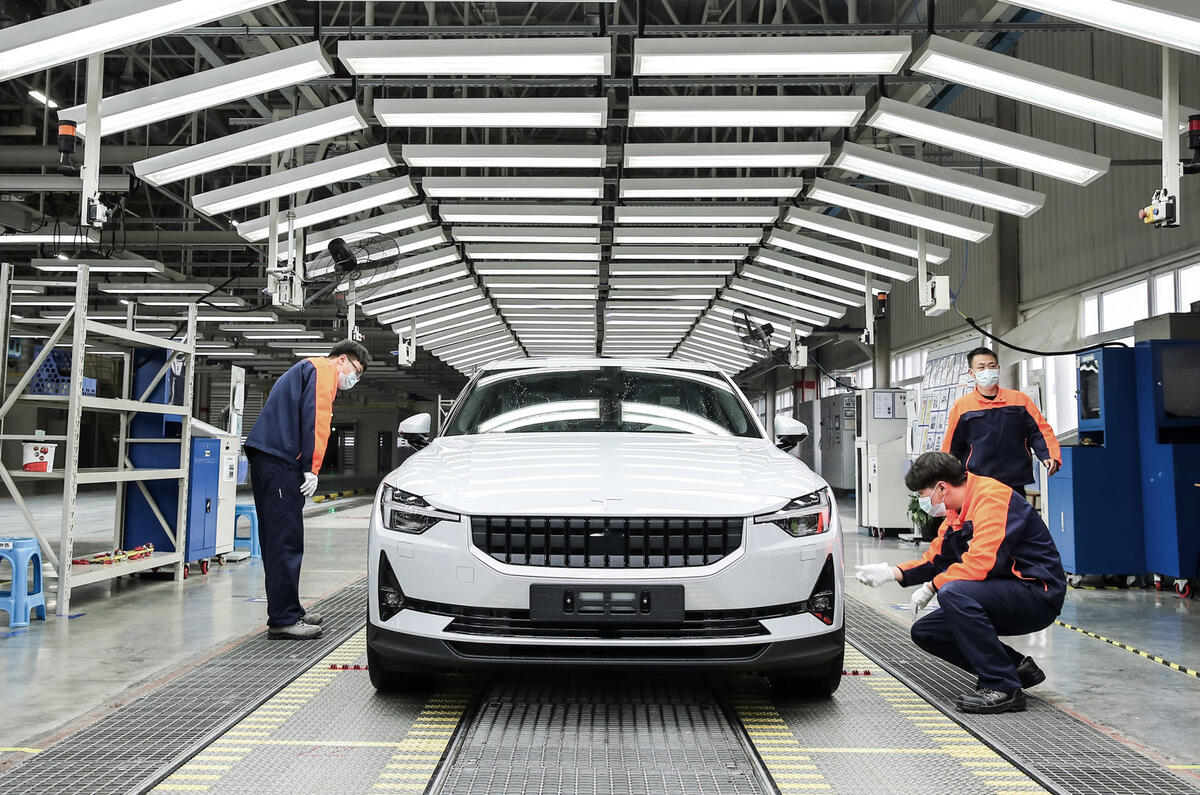

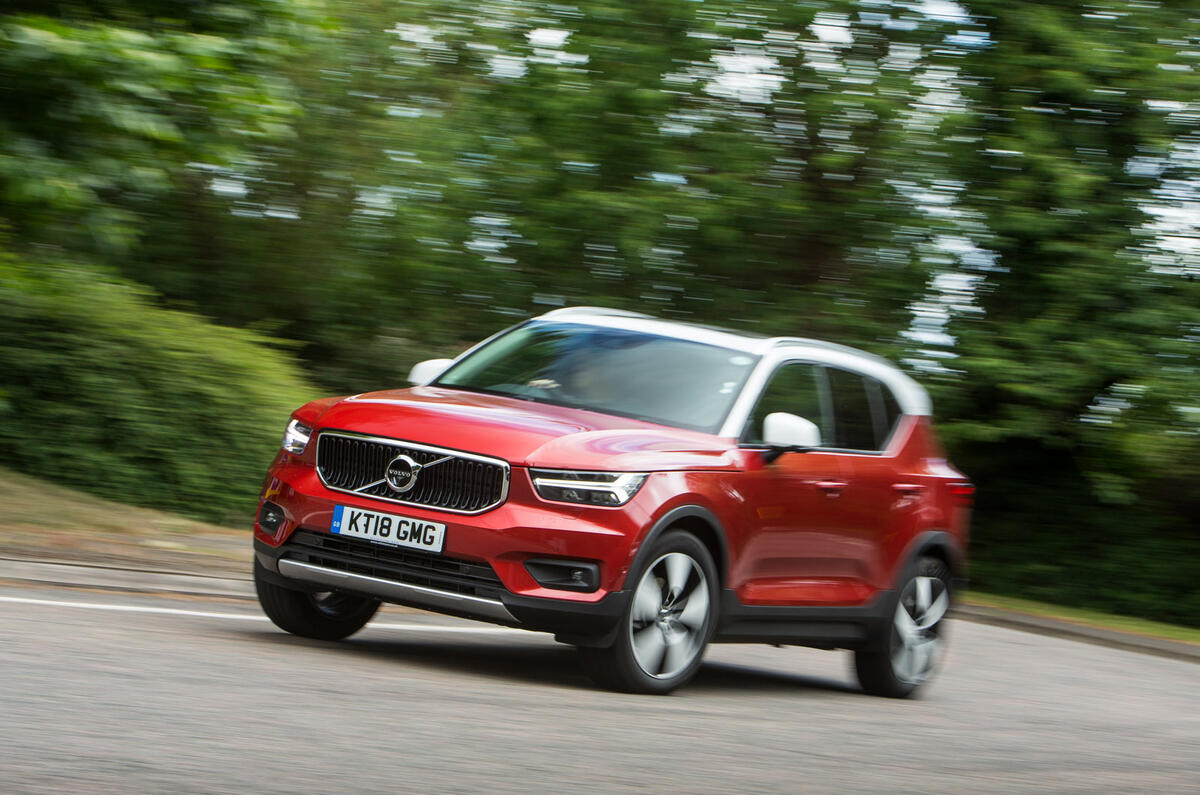
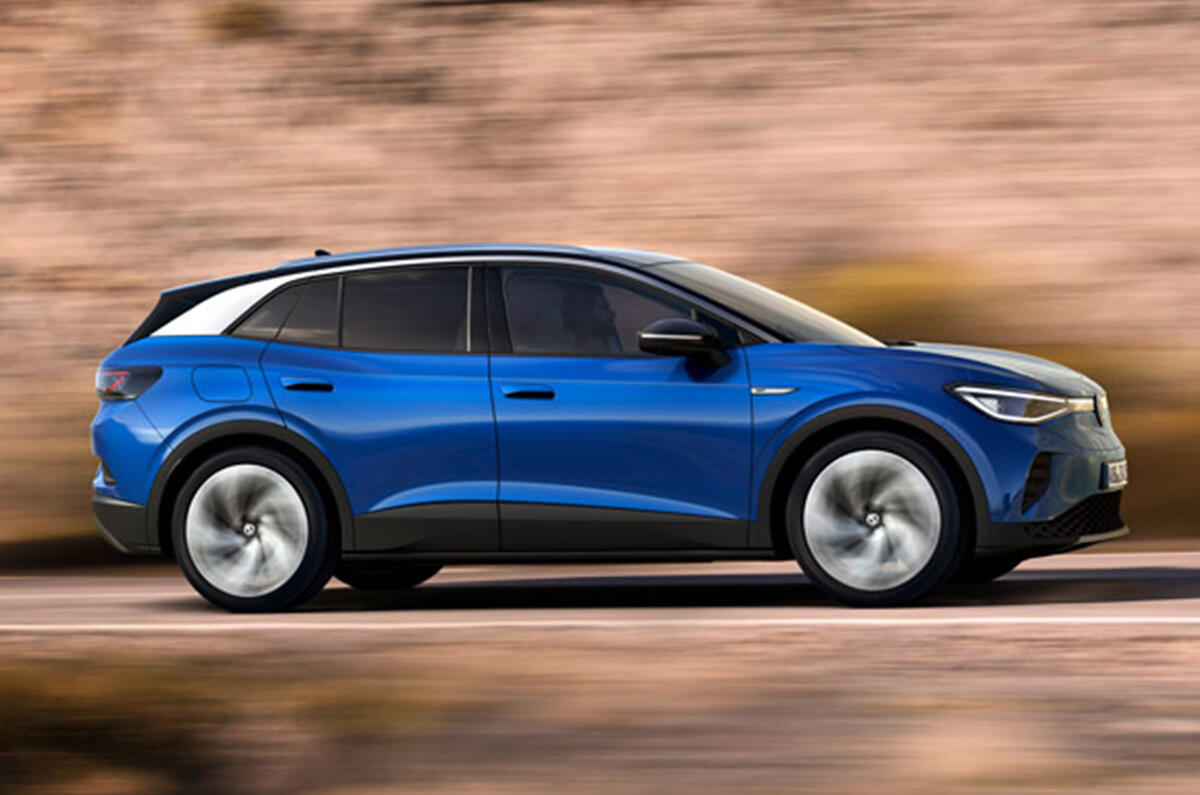
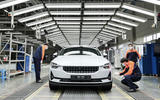


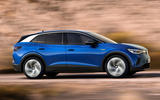


Join the debate
Add your comment
Or
Or if you didn't buy a new car and kept driving around in your existing one that emitted maybe 0.00015 tons/km (150g/km) of CO2, then you're gonna have to travel a pretty long way to achieve the 14tons emitted producing that new XC40 petrol car.
I get it, improving air quality and therefore saving lives is undoubtedly a good thing but, let's be honest, building new cars will always be more about economics (keeping people employed) than it is the environment and health.
The first step is someone, in this case Polestar, at least honestly acknowledging the environmental impact and only then can you properly move forward to reduce emissions throughout the life cycle.
harf wrote:
Actual carbon emissions from an XC40 class vehicles is around 400g/mile once the actual real word efficiency of such a vehicle is taken into account plus the energy to make and distribute the petrol.
So yes replacing a petrol car with a slightly more efficient petrol car is not good for CO2, replacing it with an electric car definitely is.
As I said in another post Tesla has got the CO2 cost per car down to around 14 tonnes and this will fall in line with the developments in the general economy.
Location Location
So in certain countries like norway with 99.9% green power payback will be in maybe as little as 20k miles. Anyhow every year the pay back time comes down
Who won’t be recharging with renewables?
The first generation of ev buyers did so for almost exclusively environmental reasons, so will have been recharging via green energy packages at home.
Now that EVs are so heavily incentivised for company car users, I wonder how many of these people have opted for more expensive green energy at home?
Perhaps we need legislation to ensure that to benefit from all the tax incentives people must prove that they're using zero carbon electricity at home?
Green energy
I just had a look at a comparison site and it couldn't match the tariff I'm paying with Octopus. So in answer to your question, I suspect most drivers of EVs are using green energy because it's cheaper.
On another note, VW, who've never been known to lie, had very similar figures for the electric golf a while ago, as the Chinese government are producing for the Polestar.